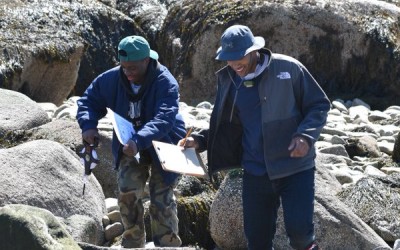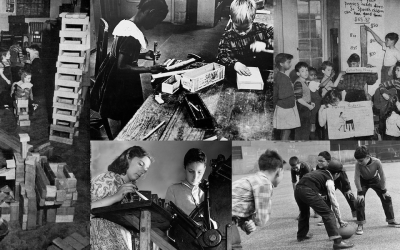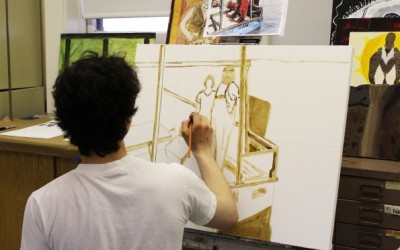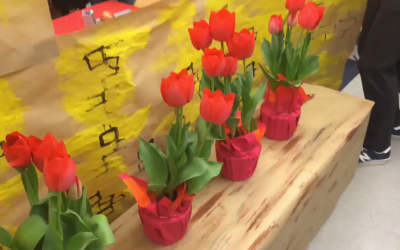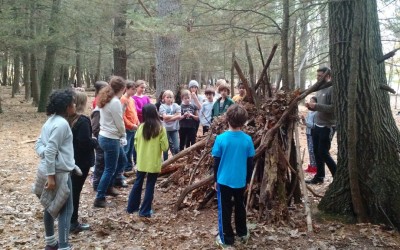experience @ LREI

Featured Stories
The Eleventh Grade Trip
Understanding one’s relationship to–and capacity to have an impact on–the most pressing challenges facing our society is a necessarily dynamic process. Thus, the best places to engage in this work are in places that are themselves dynamic–places that are in transition, that are working to change, adapt, and transform themselves for survival in a changing world.
Founding Principles
Since its founding, learning, growth, and a capacity for navigating change have been at the center of the LREI experience. For LREI founder Elisabeth Irwin, this forward-looking orientation was grounded both in a deep respect for children and for communities that learn together, and in a set of guiding progressive principles. As an experimental school, the goal was not simply to be different or to pursue change for change’s sake, but rather to engage thoughtfully with the world and with each other in the service of growth and progress.
Senior Project
The Senior Project is the culmination of each student’s career at the High School. Senior Project takes the values and academics of LREI and allows students to explore these areas in the real world. There are three major components: experience, writing, and intellectual discourse.
Design and Making as a Means to Understand the Past
In this chapter, we explore how the essential practices associated with design, making and entrepreneurship are embedded directly into the fabric of the curriculum and the classroom at the Little Red School House & Elisabeth Irwin High School (LREI). Specifically, we describe the journey our third grade students take as they explore the early history of Manhattan and its people, the interactions between the Lenape and Dutch settlers, and the implications that this history has on students’ visions for the future of our city.
Why Go Out?
Field trips are a central dimension of the LREI experience. Children begin taking trips early on – first to other parts of our own school building, then the block, the neighborhood, other neighborhoods, and eventually overnight to the farm. Elisabeth Irwin believed strongly in the value of taking students out into the world, both as part and parcel of teaching about social injustices (visiting a coal mine) and as a way to acknowledge children as whole people, not just vessels to be filled with “schooling”. She also spoke and wrote, as John Dewey did, about the mandate for school to be an authentic and whole experience of life rather than something that that precedes it.
Exploring Our Progressive Purpose
In the spirit of this ongoing work, we hosted a group of visitors today from progressive schools from around the country who are in town for the biannual conference of the Progressive Education Network (PEN). Our guests spent the morning visiting classes in all three divisions and engaging in conversation with faculty and students. In the afternoon, they participated in a series of learning experiences with and facilitated by our students.



